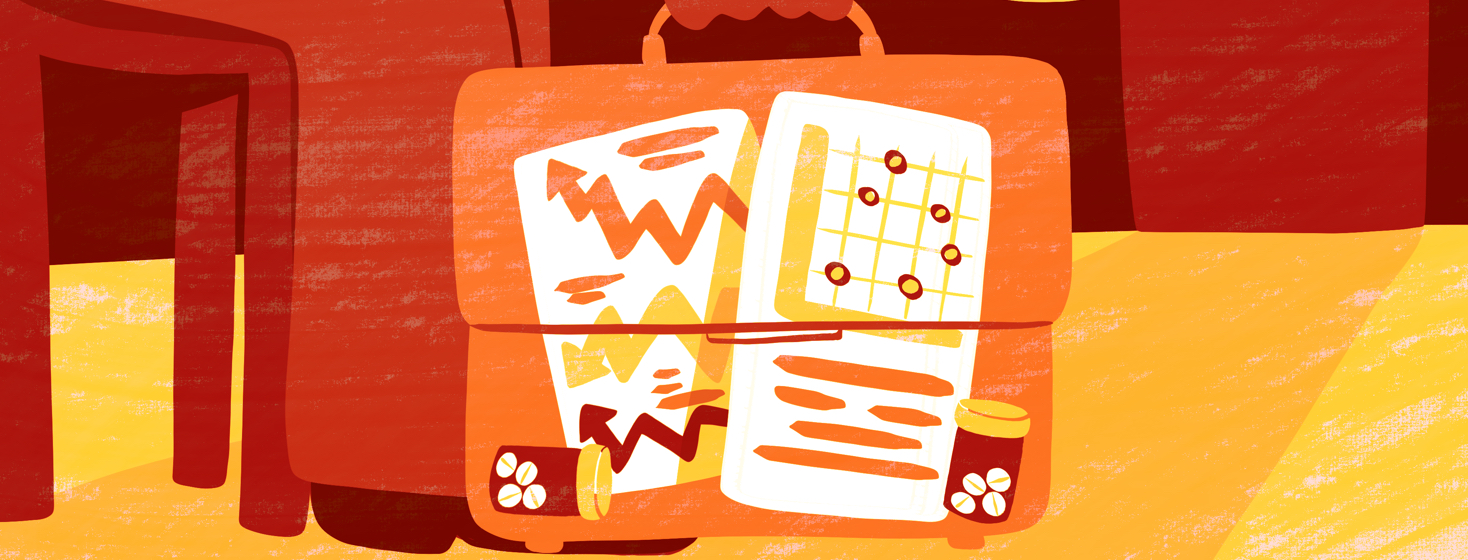How To Prepare For A Doctor's Appointment
I can safely say that I feel like I spend the majority of my life at the hospital or in a doctors waiting room! Anyone else with me on that one!? I still get butterflies in my tummy when I have to speak to a doctor, though. I worry for weeks on end about it and then I lose all focus on what I'm actually there to discuss!
Luckily, I have learnt a few things over the years that help get me ready to face my doctor. Hopefully, they might help you too!
Track your pain levels
Tracking your symptoms and pain levels can be an invaluable source of information for your doctor. Keep a note of your pain, like how bad it is, type of pain (i.e. sharp, dull etc.), and where the pain is, and things like your periods, activity levels, and food you have eaten each day. You might begin to see a pattern. Just note down the basics or set aside a daily diary specifically for keeping track of symptoms. There are also specialized apps available which can help track your symptoms too.
Make a plan of things to discuss
It’s easy to forget what we actually need to discuss with our doctors, especially when you only have a 10 minute window to tell them everything! Try writing a list of topics you need to talk about with them. I sometimes take a pen in with me too so that I can tick them off as we go!
Take your medications to the appointment
I would recommend that you either take any medications you are on with you to your appointment, or, alternatively, write a list of the medication names and dosages. Doctors will often ask what you are taking so they can check they are suitable to take alongside other medications or treatments.
Take any relevant medical notes to the appointment
I keep all my medical notes together in a folder and take this with me to my appointments. This is so that if I need to reference them, I can. This can come in helpful if any notes are missing from your medical history or if you need to reference notes regarding other health conditions that this doctor may not be involved in.
Query anything you’re unsure about
Appointments are usually pretty quick and doctors can bombard you with lots of suggestions and information in that time! I find it useful to have someone there with me in case I miss anything. It’s important to query any and everything you are unsure about though. No matter how insignificant or embarrassing you might think your question is! Will this treatment carry any side effects with it? Can it cause problems with other areas of my health? Do you think I might have to try other treatments or have surgery at some point? You may also be able to call and leave a message for the doctor to get back to you if you have questions after you have left. But please don’t worry about asking questions!
Is there anything that helps you to prepare for a doctors appointment?

Join the conversation